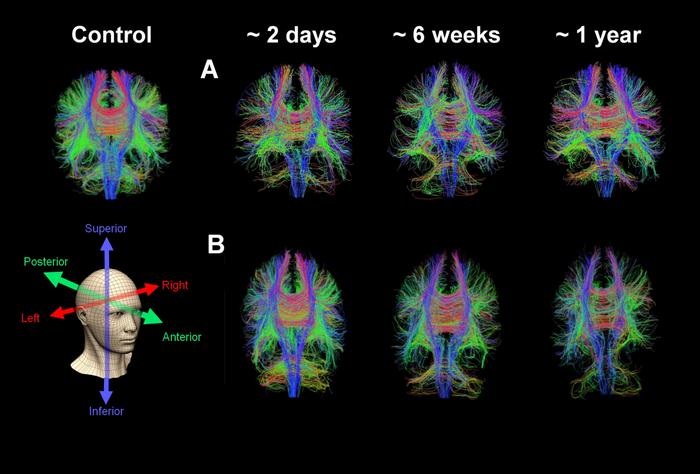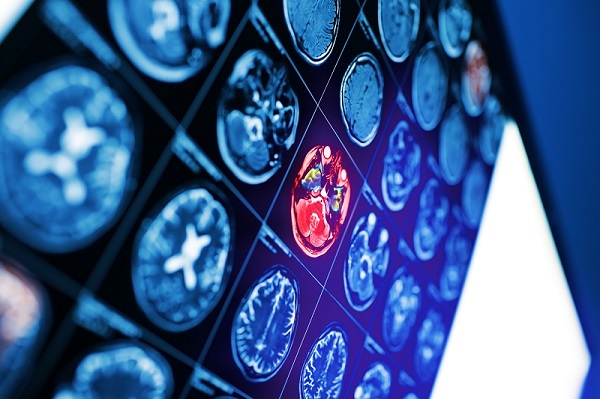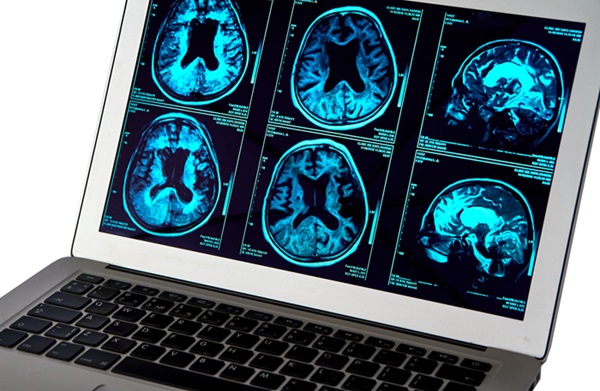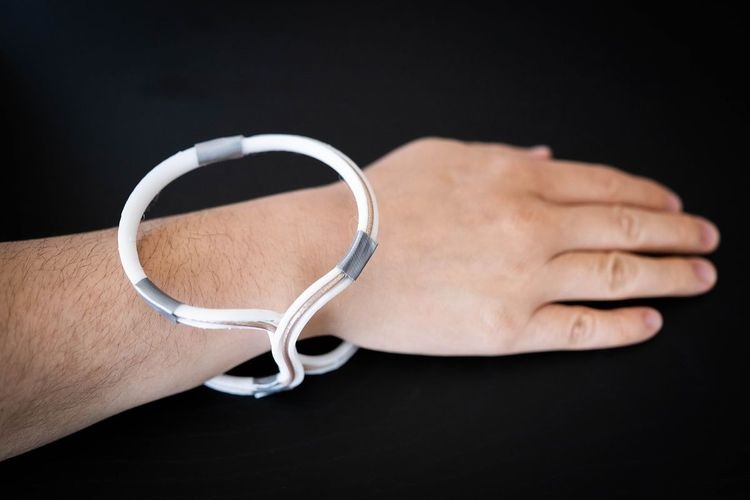Advanced MRI Scans Can Identify ‘Hidden Disease’ In Concussion Patients
Posted on 09 Aug 2024
Concussion, the most prevalent type of brain injury globally, leads millions annually to visit emergency departments (EDs). At the ED, symptoms of head injuries are assessed to determine if a patient needs a CT scan, which checks for brain damage like bruising, bleeding, and swelling. Despite this, CT scans show abnormalities in less than 10% of concussion cases. Yet, 30-40% of those discharged after such scans experience enduring symptoms—such as severe fatigue, memory issues, headaches, and mental health problems like anxiety, depression, and post-traumatic stress—that can be life-altering. Now, a new study shows that diffusion tensor imaging (DTI) MRI, a specific brain scan, might identify which patients are likely to suffer potentially life-changing symptoms.
In the study published in eClinicalMedicine, researchers at the University of Cambridge (Cambridge, UK) demonstrated that DTI can significantly refine predictions about concussion outcomes. DTI tracks the movement of water molecules within brain tissue, offering precise images of white matter tracts that link various brain regions. This method enhances standard MRI capabilities to produce a DTI 'score' that reflects the extent of brain region abnormalities. The study analyzed data from over 1,000 patients who were part of the Collaborative European NeuroTrauma Effectiveness Research in Traumatic Brain Injury (CENTER-TBI) study from December 2014 to December 2017. Of these, 38% had not fully recovered three months post-discharge, continuing to exhibit symptoms.

DTI scans were performed on 153 patients, significantly boosting prognostic accuracy. Where traditional clinical models predicted poorer outcomes in 69 out of 100 cases, DTI enhanced this predictability to 82 out of 100. Additionally, the study explored the potential of blood biomarkers—proteins released into the bloodstream following head injuries—to further enhance prognosis accuracy. While biomarkers alone were insufficient, specific proteins such as glial fibrillary acidic protein (GFAP) within the first 12 hours and neurofilament light (NFL) between 12 and 24 hours after the injury proved helpful in deciding who might benefit most from a DTI scan. Moving forward, the research team intends to delve deeper into blood biomarkers to identify simpler, more feasible predictors and explore ways to integrate DTI into routine clinical practice.
“Current methods for assessing an individual’s outlook following head injury are not good enough, but using DTI – which, in theory, should be possible for any center with an MRI scanner – can help us make much more accurate assessments. Given that symptoms of concussion can have a significant impact on an individual’s life, this is urgently needed,” said Dr. Virginia Newcombe from the Department of Medicine at the University of Cambridge.
Related Links:
University of Cambridge














